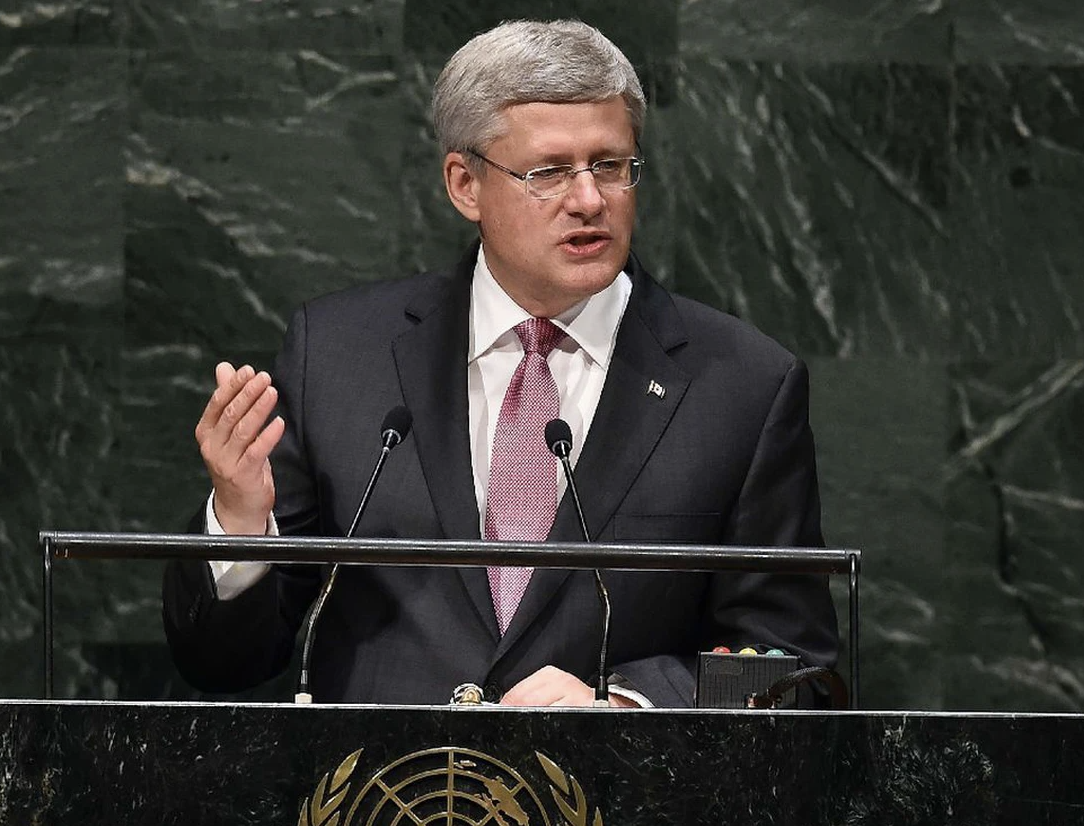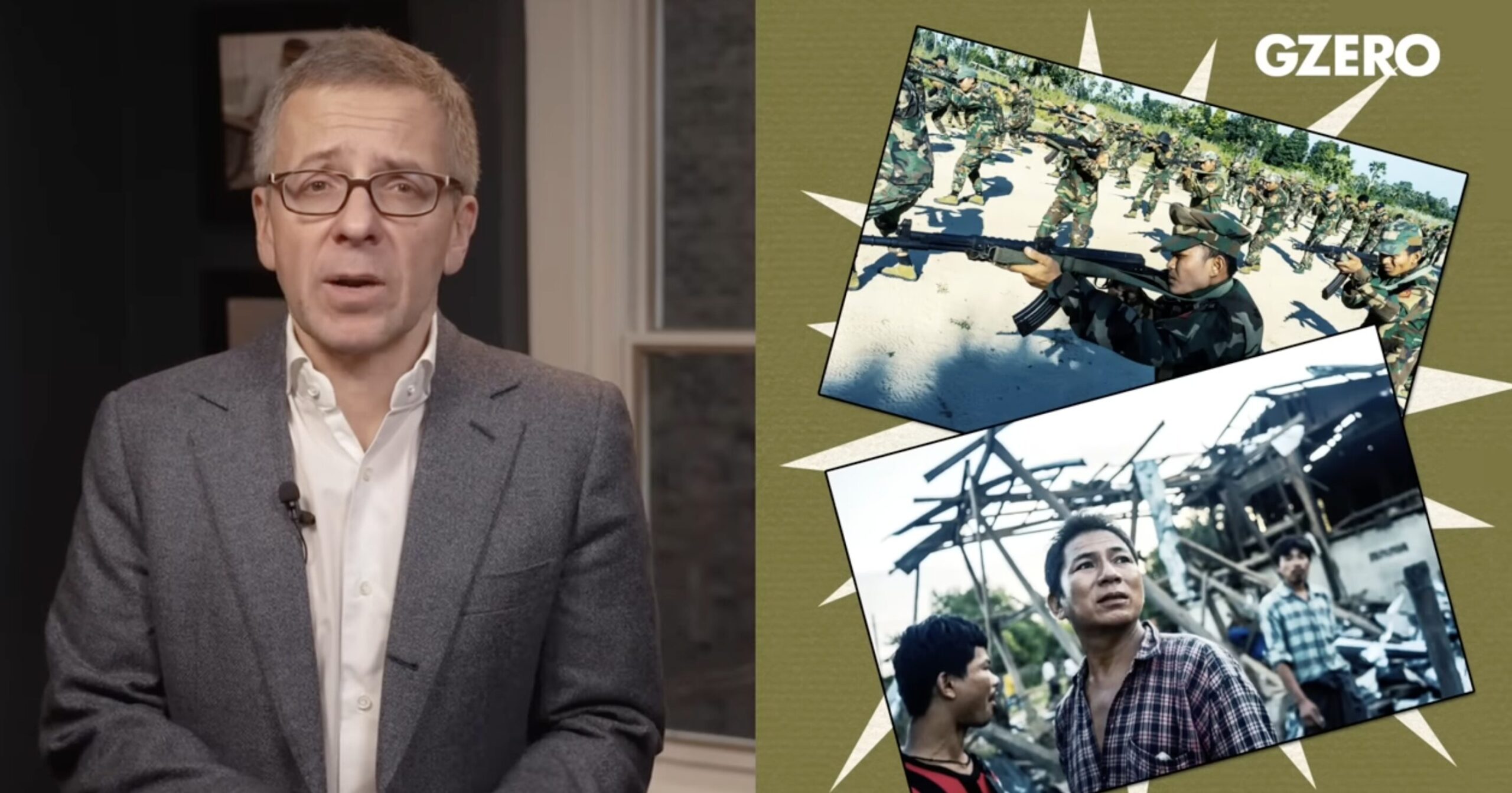
Peter Zeihan: Europe Goes Nuclear
We’ve got two major developments in Eurasia. We’re talking about Ukraine disabling two ships in the Caspian Sea and Poland getting EU approval to build…
Thought Leader: Peter Zeihan

I spoke out in favour of the U.S. withdrawal from the JCPOA in 2018 and have long viewed the effort as fatally flawed. Rather than stopping Iran’s nuclear program, the JCPOA in fact left the mullahs inching ever closer to nuclear weapon capabilities.
Worse, the original 2015 deal served to enrich the Iranian regime and helped it finance and expand its terror network that is destabilizing the wider region. A revived deal would provide a new infusion of resources to the Iranian government, empower their ability to threaten neighbours, and advance activities hostile to our interests.
There are two deeper problems underlying efforts to re-start the JCPOA.
First, the approach fails to recognize that Iran’s nuclear program is only a manifestation of its extremist Shia theocratic ideology. That ideology calls for goals that threaten the wider region. It is why, one step at a time, Iran has been working to build a nascent empire throughout the Middle East: Shia government and militia figures in Iraq, support for Hezbollah in Lebanon, the Assad regime in Syria, and the Houthi takeover in Yemen.
Second, and even more troubling, is that the obsession with engaging Iran has caused many leaders to lose sight of who are our real allies in the region, especially the Gulf Arab nations that share our fundamental security interests. Just as the West needs help from them with the energy challenges presented by dependence on Russia, these countries need our support from the serious threat they face from Iran. Several of them have pursued an unprecedented thawing of relations with the democratic State of Israel, while some in the West seem to be moving in the opposite direction.
Yet there is silence from Washington, just as Vladimir Putin works overtime to build bridges.
Western leaders must learn from the mistakes that led to the attack on Ukraine and start dealing with the world in accord with our own security interests. We must return to policies anchored in the concept of peace through strength. This means boosting our own capacities, but also working more closely with those with whose interests we are aligned.
The breakdown of the JCPOA talks in Vienna is not a tragedy. It is an opportunity for the West to learn from its mistakes and choose a more rational path forward.
— Stephen Harper was the 22nd prime minister of Canada and is chairman and CEO of Harper & Associates Consulting
Peter Zeihan: Europe Goes Nuclear
We’ve got two major developments in Eurasia. We’re talking about Ukraine disabling two ships in the Caspian Sea and Poland getting EU approval to build…
Thought Leader: Peter Zeihan
Dr. Sanjay Gupta’s Top Health Stories of 2025
From the resurgence of measles to a new way to treat pain, 2025 was a challenge for public health while still offering moments of hope. Sanjay…
Thought Leader: Sanjay Gupta
Ian Bremmer: The state of global conflict in 2025
On GZERO World, Ian Bremmer takes a hard look at the biggest global crises and conflicts that defined our world in 2025 with CNN’s Clarissa…
Thought Leader: Ian Bremmer

